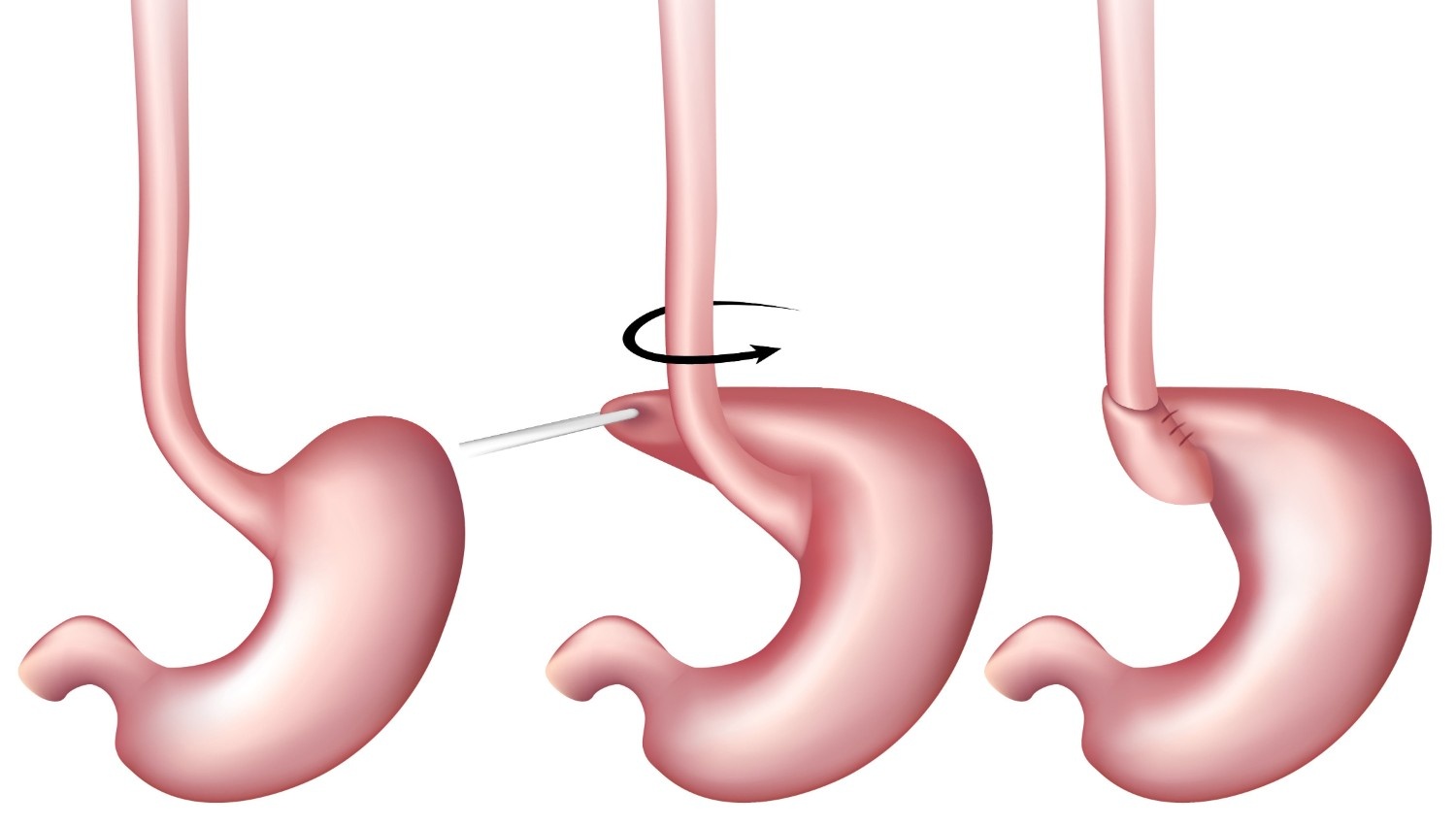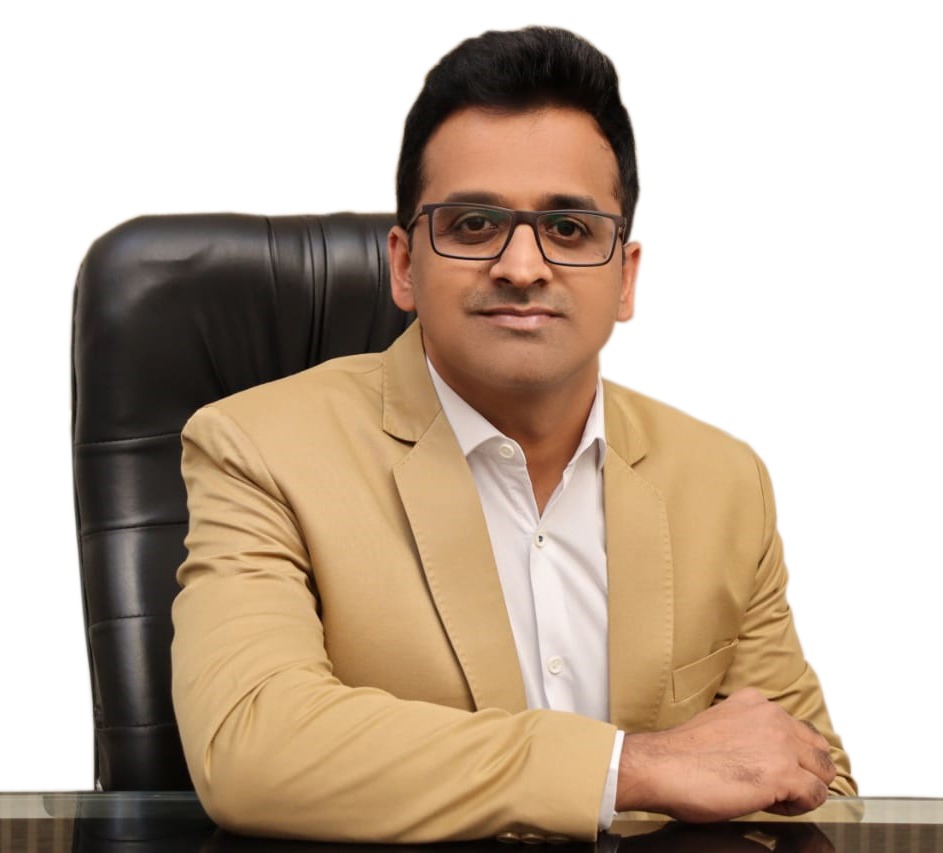
When you consume anything, it is supposed to travel down to your stomach, but when the stomach content flows back up into your esophagus (food pipe) and throat, it’s called acid reflux.
This might happen occasionally after you have large meals or when you go to bed soon after having a meal. The content that flows back may sometimes contain excessive acid, which can cause irritation, heartburn, and pain. Occasional episodes of acid reflux are normal and usually, everyone experiences it from time to time. Such episodes can be uncomfortable, but it’s not a disease and is easily manageable at home. But if you experience these symptoms more than twice per week, you may have chronic acid reflux aka gastroesophageal reflux disease (GERD).
Chronic acid reflux can affect your quality of life and may damage your tissues if not treated on time. The condition usually requires surgical treatments like laparoscopic fundoplication for a complete cure. Consult Dr. KV Dinesh Reddy, the best surgical gastroenterologist in Hyderabad who specializes in laparoscopic fundoplication surgery.
Chronic acid reflux, or GERD happens when the mechanisms that usually prevent acid from entering your esophagus are not working correctly.
For acid to enter your esophagus, it needs to pass through the valve at the bottom of your esophagus, which usually keeps things from coming back up. This valve is referred to as lower esophageal sphincter (LES).
The LES is a ring-like muscle that opens when you swallow and then closes to keep stomach contents in place. It also opens slightly to release gas when you burp or hiccup.
Acid reflux occurs when your LES weakens or relaxes too much, allowing acid to escape into your esophagus. Sometimes, temporary factors like lying down after a large meal can relax the LES. However, if you have GERD, it means your LES is frequently relaxing.
Many factors like obesity, pregnancy, smoking, and certain foods or drinks can weaken the LES, either temporarily or permanently. When these factors combine or persist, occasional acid reflux can develop into chronic GERD.
Laparoscopic fundoplication is the most common and minimally invasive surgery for chronic acid reflux. The surgery re-creates the pressure of LES by wrapping the fundus (the top part of your stomach) around your lower esophagus. This creates a tighter barrier and prevents reflux.
Laparoscopic fundoplication is performed using small incisions and a laparoscope, a thin tube with a camera. This approach is less invasive than traditional open surgery and leads to quicker recovery, less pain, and shorter hospital stays.
The surgeon will then wrap your fundus around the lower end of your esophagus and use dissolvable stitches to attach them. The surgery generally lasts about 2 to 3 hours.
There are different types of fundoplication procedures but the most common one is Nissen fundoplication. In this procedure, your stomach is wrapped 360 degrees around the esophagus. The other two types are Toupet Fundoplication in which a partial 270-degree wrap is placed and Dor Fundoplication in which a 180-degree anterior (front) wrap is placed.
After the surgery, you will be taken to a recovery room until the anaesthesia wears off. Most people are able to go home the next day, although some may need to stay in the hospital for a couple of days. It’s normal to experience some discomfort, bloating, and difficulty swallowing immediately after the procedure, but these symptoms usually improve over time.
Most people (around 80-90%) who get fundoplication surgery for acid reflux in Hyderabad experience significant symptom relief with the improvement in esophagus strength and support.
However, in some cases, despite a successful surgery, symptoms might return. This could be due to various factors, such as the type of fundoplication performed, the severity of the acid reflux, or individual patient factors. In such cases, patients may need to take medications or may require revision surgery. But, remember, this happens only in rare cases.
The average cost of laparoscopic fundoplication surgery in Hyderabad is somewhere between Rs. 40,000 to Rs. 1,00,000. The cost of the surgery can be less or more depending on the facility.
If you have chronic acid reflux that is not responding well to medication or other non-invasive treatments, consult the best surgical gastroenterologist in Hyderabad, Dr. KV Dinesh Reddy, about this surgical option.
Fundoplication surgery for acid reflux in Hyderabad, if done by an experienced and expert surgical gastroenterologist, can successfully and completely eliminate the need for long-term treatment with medicines. But avoiding or delaying the treatment can lead to worsening of the condition and increased risk of complications too. Consult the doctor to know whether this procedure will work for you.

Dr. K V Dinesh Reddy is a highly experienced gastroenterologist with more than ten years of experience.
He strongly believes that surgery should only be considered as a last resort and prefers a holistic approach to treatment. So, if a disease can be effectively treated with medication, he never recommends surgery.
Yes, fatty liver can often be reversed through lifestyle changes. Fatty liver happens when fat accumulates in liver cells. By adopting a healthier diet, exercising regularly, and managing weight, you can reduce the fat in your liver and improve its function. Avoiding excessive alcohol consumption is also crucial. These changes can help the liver heal and return to a healthier state. However, if left untreated, fatty liver can lead to more serious conditions. It’s important to consult a healthcare professional for guidance and regular check-ups to monitor your liver health and ensure your efforts are effective.
No, alcoholic fatty liver and non-alcoholic fatty liver are not the same. Alcoholic fatty liver is caused by excessive alcohol consumption, which leads to fat buildup in the liver. Non-alcoholic fatty liver (NAFLD) is when fat accumulates in the liver in people who drink little to no alcohol. Both conditions can progress to more serious liver issues if not managed, but their causes are different. NAFLD is often linked to factors like obesity, high cholesterol, and insulin resistance. It’s important to address the underlying causes of each type and work with a healthcare provider to prevent complications and promote liver health.
Yes, if you have fatty liver, it’s a good idea to avoid certain foods. Sugary foods and drinks, like sodas and sweets, can worsen the condition. High-fat foods, especially fried and processed ones, should be limited. Cut down on red meat and opt for lean proteins like fish and chicken. Minimize salt intake to help prevent fluid buildup. Alcohol should be avoided or consumed in moderation. Instead, focus on a balanced diet rich in fruits, vegetables, whole grains, and lean proteins. Drinking plenty of water and maintaining a healthy weight can also support your liver health. Remember, consulting your healthcare provider for personalized guidance is important.
Yes, having fatty liver can increase the risk of developing liver cancer. Fatty liver is a condition where fat accumulates in liver cells. Over time, if left untreated, it can progress to more serious liver diseases, including cirrhosis, which further raises the risk of liver cancer. The inflammation and damage caused by fatty liver can contribute to the development of cancerous cells. However, not everyone with fatty liver will develop cancer. Managing fatty liver through a healthy lifestyle, regular medical check-ups, and following your doctor’s advice can help reduce the risk of complications, including liver cancer.
Yes, there is a connection between fatty liver and diabetes. Fatty liver can make the body less sensitive to insulin, a hormone that controls blood sugar levels. This can lead to higher levels of sugar in the blood, increasing the risk of type 2 diabetes. Likewise, diabetes can contribute to the development of fatty liver. These conditions often go hand-in-hand, creating a cycle where one can worsen the other. Managing a healthy weight, eating well, exercising, and controlling blood sugar levels can help break this cycle and reduce the risk of both fatty liver and diabetes. Regular medical check-ups are important for monitoring and addressing these concerns.

Our goal is to deliver quality of care in a courteous, respectful, and compassionate manner. We hope you will allow us to care for you and strive to be the first and best choice for your family healthcare.
© 2023 Dr.DineshReddy | Designed by Ramit Solutions